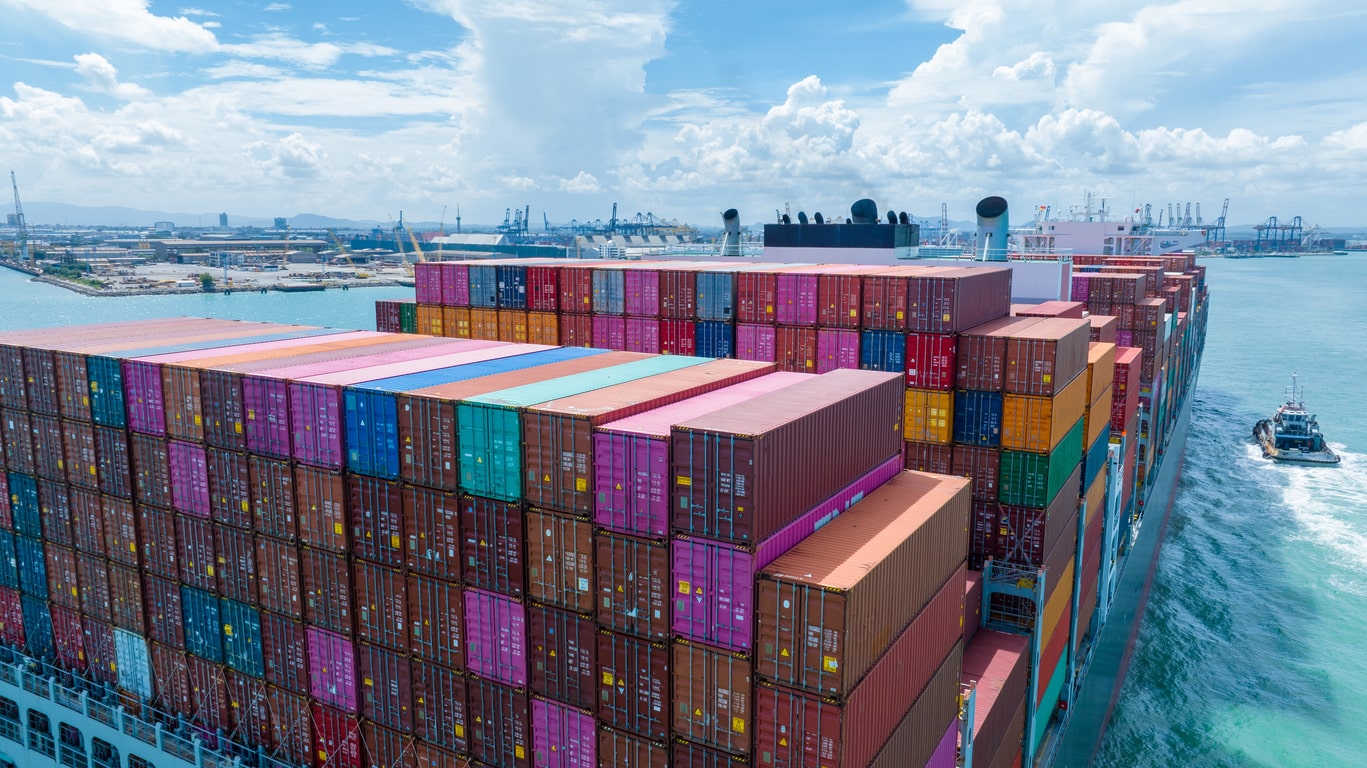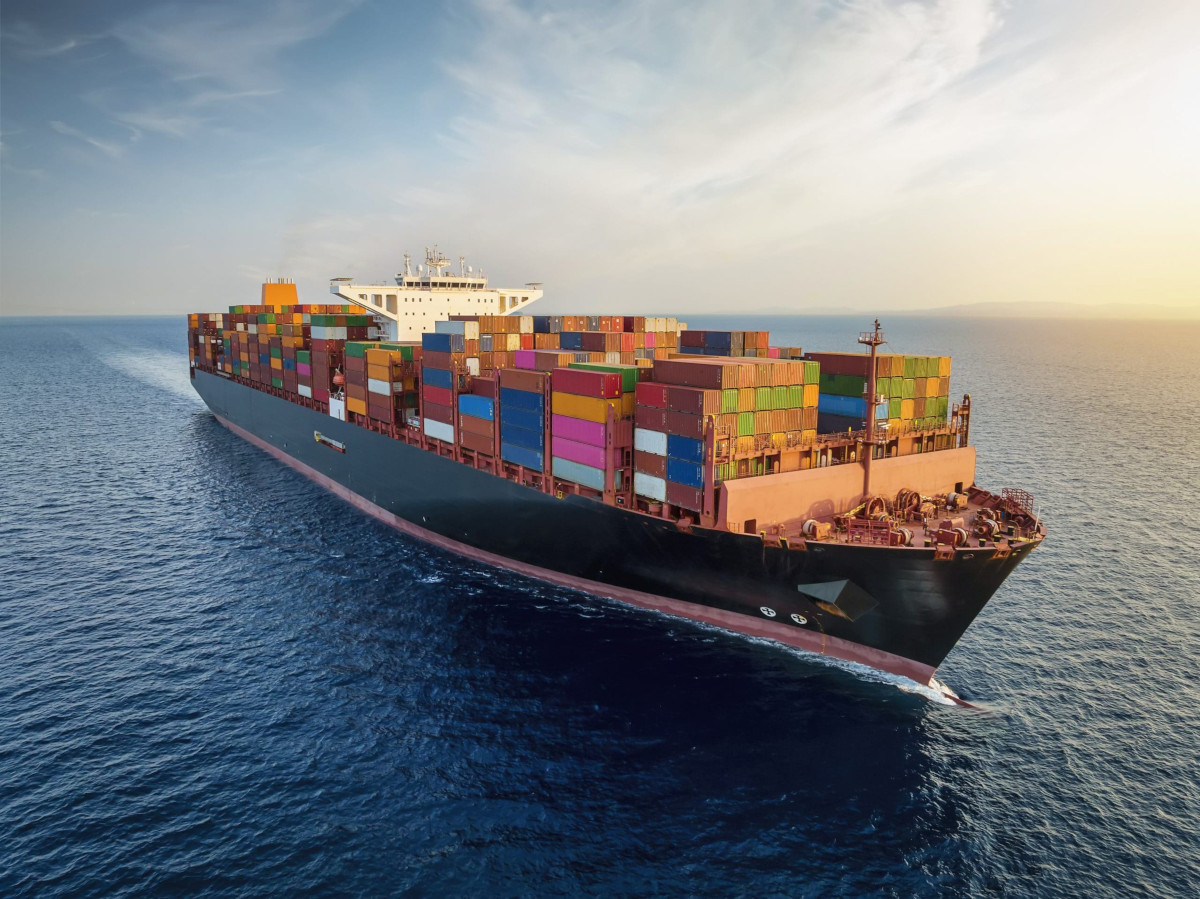The importer allegedly mispresented the identities of its suppliers to evade higher antidumping duty rates
An importer of Chinese bedroom furniture has fraudulently evaded more than $7 million in customs duties by mispresenting the identities of its suppliers, the U.S. government has alleged.
LaJobi Inc. misreported the names of its suppliers on its customs declarations to “systematically circumvent” applicable antidumping duties, according to a federal complaint filed by the U.S. Department of Justice.
The company falsely named different Chinese manufacturers—ones subject to antidumping duty rates of seven percent or less—on its customs declarations instead of the actual manufacturers of the goods it imported, which were subject to antidumping duty rates of 216%, the government alleged.
The Justice Department is seeking recovery of more than $7 million in unpaid tariffs plus over $15 million in penalties against LaJobi’s president in the lawsuit.
False identification of lower-ADD-rate producers
Antidumping duties or “ADDs” are trade remedies imposed by the U.S. Department of Commerce to “level the playing field” for domestic industries injured by foreign companies selling goods in the United States at artificially low prices.
While ADDs target certain products from specific countries, they are often calculated on a company-by-company or “separate rate” basis and can vary greatly by supplier.
An importer’s Form 7501 entry summary, generally referred to as a customs declaration, must identify the supplier by its manufacturer ID code and state the applicable antidumping and/or countervailing duty rates.
According to the government, LaJobi not only filed customs declarations which falsely misrepresented the identities of its suppliers, but also apparently colluded with those suppliers, allegedly arranging for them to falsely ship their products “under the names” of the other, lower-ADD-rate producers rather than their own.
LaJobi also allegedly paid those suppliers “premiums” over and above the prices of merchandise, apparently in compensation for their cooperation in the fraud, which presumably involved their issuing import documentation—bills of lading and commercial invoices—bearing the false names.
Acceptance of illegal ADD reimbursements
On one occasion, according to the complaint, a LaJobi supplier “mistakenly” shipped merchandise under its own name rather than a lower-ADD-rate producer, resulting LaJobi’s having to pay antidumping duties at the proper rate of 216%.
The supplier in question allegedly later reimbursed LaJobi $50,000 for the foul up.
That payment, however, contravened a legal obligation on the part of LaJobi not to accept payments in reimbursement for antidumping duties, the government alleged.
Importers are required to file non-reimbursement certificates stating that they have not and will not take such reimbursements, which are prohibited to prevent foreign producers from defeating the purpose of antidumping or countervailing duties (“AD/CVDs”) by offsetting importers’ costs.
Failure to file a properly executed certificate doubles the AD/CVDs owed.
Customs fraud and the False Claims Act
While the government’s claims involving LaJobi were brought under the Tariff Act of 1930, customs fraud can also be grounds for whistleblower lawsuits under another federal statute called the False Claims Act.
The False Claims Act, which dates back to the Civil War, imposes substantial civil liability on individuals or companies who defraud the U.S. government or its agencies, including U.S. Customs and Border Protection.
Under it, whistleblowers—also known as qui tam “relators”—have the right to sue violators on the government’s behalf and receive 15%-30% of any recovery as a reward.
The Justice Department has the right to intervene in and assume the prosecution of whistleblower cases, and often does so in cases involving customs fraud, which is not victimless, but disadvantages honest importers, domestic industries and U.S. workers, and harms taxpayers by illegally depriving the government of revenue.
Given CBP’s limited resources to audit or inspect customs entries, the government relies heavily on whistleblowers for the exposure of customs fraud.
Customs fraud whistleblowers are typically former or current employees of the dishonest importer in question, individuals with access to inside knowledge, information or evidence. However, they can also be business competitors, trade or industry consultants or other parties with evidence and knowledge regarding the violations.
Customs fraud whistleblowers can from overseas and need not be U.S. citizens or live in the United States.
Blow the whistle on customs fraud
If you know of an importer cheating on customs duties, reach out to experienced customs-fraud whistleblower attorney Mark A. Strauss for a free and confidential consultation about becoming a False Claims Act whistleblower.
All communications with Mr. Strauss are protected by attorney-client privilege, and there is no fee unless we recover a whistleblower award for you.
You must file a False Claims Act whistleblower complaint to be eligible for a qui tam whistleblower reward. Tipping off the government by other means is not sufficient.





